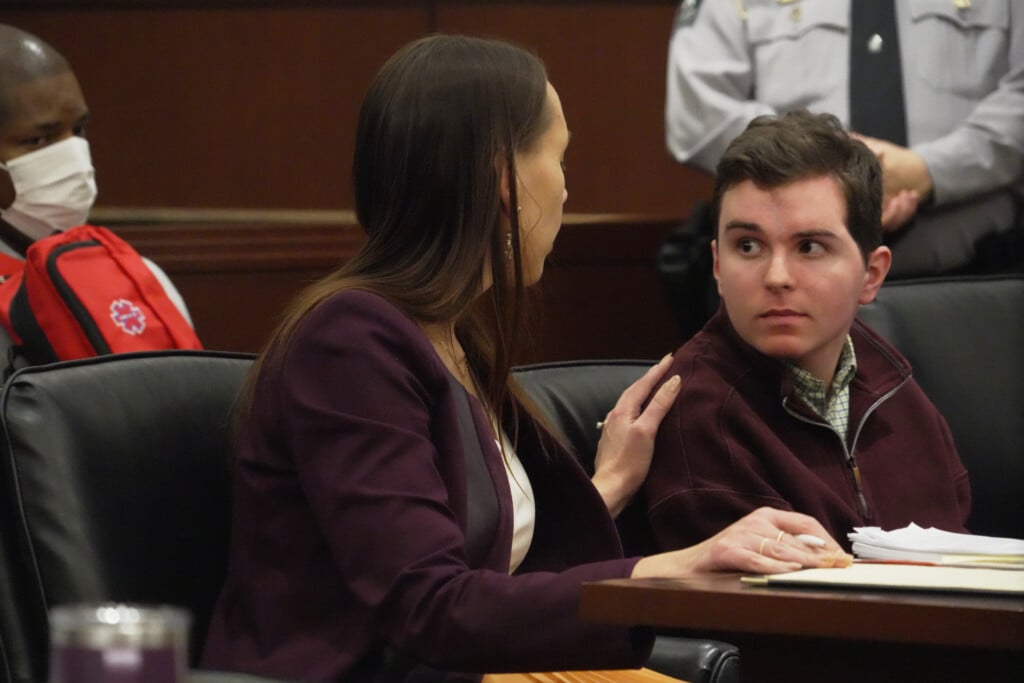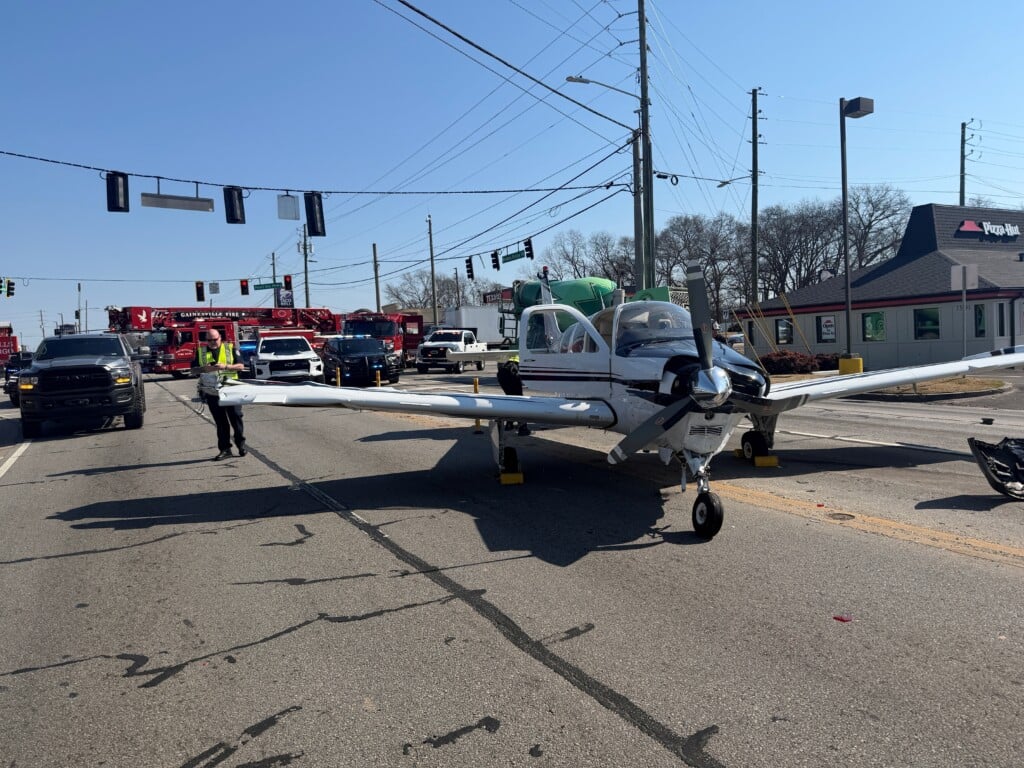Mass killing suspect had mental health issues, purchased guns legally, authorities say

LEWISTON, Maine (AP) — A U.S. Army reservist who opened fire at a Maine bowling alley and a bar earlier this week and killed 18 people purchased his weapons legally, authorities said Saturday, adding he likely launched his rampage as a result of underlying mental health issues.
The body of Robert Card, a firearms instructor, was found Friday at a recycling center in Lisbon Falls that police had searched a day earlier. Card died of an apparent self-inflicted gunshot wound, authorities said.
The 40-year-old Card of Bowdoin was suspected of also injuring 13 people during the shooting rampage on Wednesday night in Lewiston.
State Department of Public Safety Commissioner Michael Sauschuck said law enforcement scoured the Maine Recycling Corp. property, where Card once worked, on Thursday night. Sauschuck said another state police team returned Friday to the site, which has about 60 trailers, and found Card’s body alongside several guns in a trailer that hadn’t been searched.
Jim Ferguson, the ATF special agent in charge in Boston, told The Associated Press that the weapons used in the shooting had been purchased legally. Many firearms were recovered although he declined to say their make, model or how many exactly.
“There were a lot more than three,” Ferguson said.
At a press conference, Sauschuck said Card had a history of mental illness. As for why Card chose his targets, Sauschuck said it was likely due to paranoia, that “people were talking about him and there may even have been some voices at play.”
He did not elaborate. But Sauschuck said there was no evidence that Card had ever been involuntarily committed to a mental health facility. A simple evaluation or voluntary commitment would not have triggered a prohibition on owning a gun, he said.
Under Maine’s yellow flag law, law enforcement can detain someone they suspect is mentally ill and poses a threat to themselves or others. The law differs from red flag laws in that it requires police first to get a medical practitioner to evaluate the person and find them to be a threat before police can petition a judge to order the person’s firearms to be seized.
“Just because there appears to be a mental health nexus to this scenario, the vast majority of people with mental health diagnosis will never hurt anybody,” Sauschuck said.
He also said a note found in Card’s home was meant for a loved one with the passcode to his phone and bank account numbers. Sauschuck said he wouldn’t describe it as an explicit suicide note but that the tone indicated that was the intent.
Family members of Card told federal investigators that he had recently discussed hearing voices and became more focused on the bowling alley and bar, according to law enforcement officials who spoke to the AP on condition of anonymity. When Card was hospitalized in July in New York, Card had told military officials he had been hearing voices and said he wanted to harm other soldiers, the officials said.
Street life returned to Lewiston on Saturday after a dayslong lockdown in the city of 37,000. Joggers took advantage of the warm weather. People walked dogs through downtown and picked up coffee and visited other shops that had been closed since the shooting.
“Right now, we want Maine to be remembered as the community that came together after this tragic event,” said Lisbon Police Chief Ryan McGee, recalling how he drove into town Saturday and saw ”people walking the streets, people sitting on porches, waving. Giving the thumbs up.”




